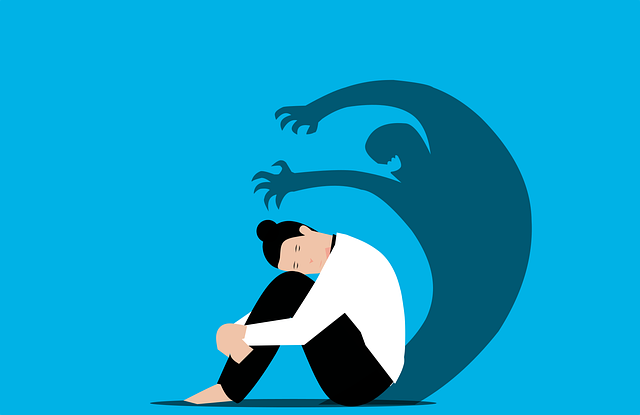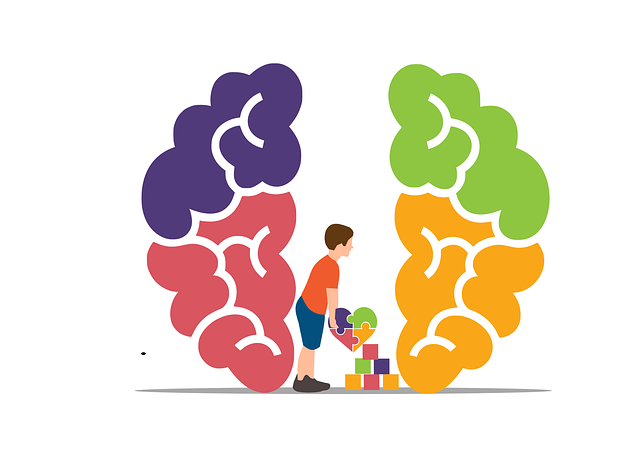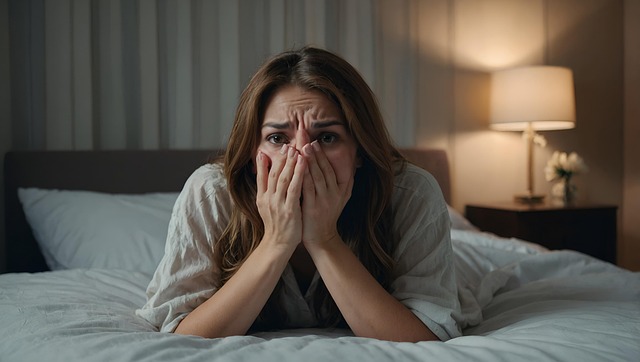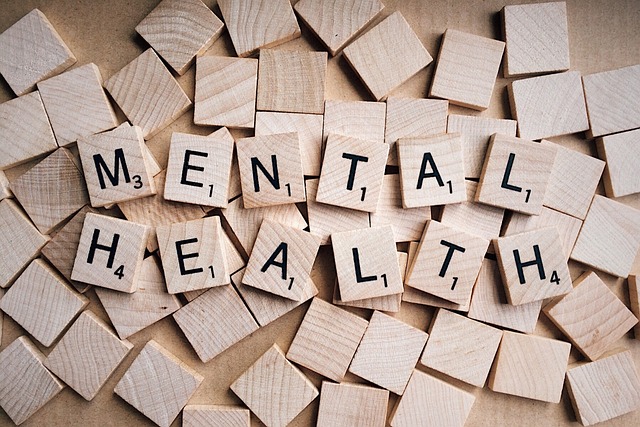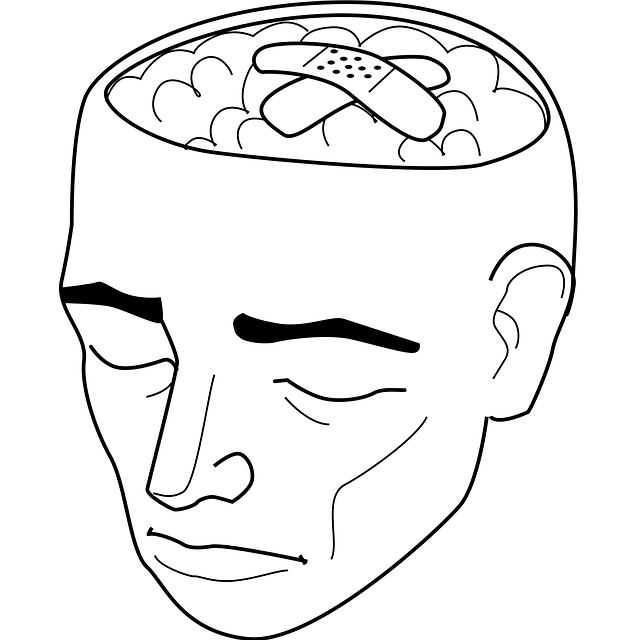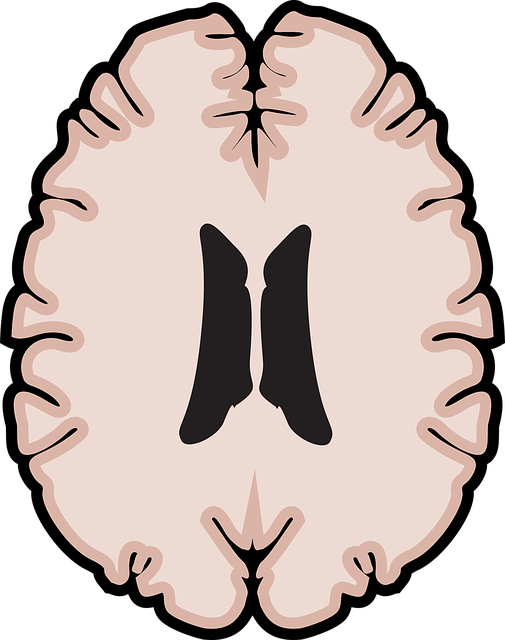Self-care, mental health education, and personalized therapy are key to managing psychosis in adults. Recognizing symptoms early and seeking professional help is crucial. Combining self-tracking journaling with evidence-based therapies like CBT and Social Skills Training improves coping strategies and emotional regulation. Structured routines, mindfulness practices, and community support groups enhance recovery and promote stability for individuals dealing with psychosis, emphasizing the importance of therapy tailored to their needs.
“Enhance your well-being and embrace a transformative journey with this comprehensive guide to self-care practices. Understanding the profound impact of self-care on mental health, especially in managing adult psychosis, is the first step towards recovery. This article explores strategies like recognizing psychotic symptoms, adopting personalized routines, integrating therapy techniques into daily life, and building supportive communities. Discover how these approaches can empower you or a loved one struggling with psychosis to navigate and overcome challenges, promoting lasting mental well-being. Additionally, learn about effective therapy for adults psychosis.”
- Understanding Self-Care and Its Impact on Mental Health
- Recognizing the Signs of Adult Psychosis and Seeking Support
- Creating a Personalized Self-Care Routine for Recovery
- Incorporating Therapy Techniques into Daily Life
- Building a Supportive Community for Lasting Well-being
Understanding Self-Care and Its Impact on Mental Health

Self-care is a fundamental aspect of maintaining and enhancing mental health, especially for individuals navigating conditions like psychosis. It involves intentional actions taken to nurture one’s physical, emotional, and psychological well-being. Beyond simply taking a break, self-care practices are designed to promote resilience, reduce stress, and foster a sense of balance. For adults experiencing psychosis, integrating self-care into daily routines can significantly impact their overall mental health and quality of life.
Effective self-care strategies empower individuals to take control of their well-being. This includes activities such as mindfulness practices for emotional regulation, engaging in creative outlets for stress relief, and participating in social connections that build empathy and foster a sense of belonging. Mental health education programs designed with an emphasis on self-care can equip adults with psychosis the tools needed to manage symptoms, improve coping mechanisms, and enhance their ability to navigate life’s challenges. Ultimately, prioritizing self-care is not only beneficial but essential for maintaining stability and promoting positive mental health outcomes.
Recognizing the Signs of Adult Psychosis and Seeking Support

Recognizing the signs of adult psychosis is a crucial step in maintaining emotional well-being. Psychosis, which can manifest as hallucinations or delusions, isn’t just a condition of the mind but can significantly impact daily functioning and overall mental wellness. If you or someone close to you experiences persistent strange thoughts, sees things that aren’t there, or hears voices, it’s essential to seek support from a mental health professional. Therapy for adults psychosis is accessible and effective, offering guidance on managing symptoms and improving quality of life.
Early intervention plays a vital role in promoting anxiety relief and recovery. Mental wellness journaling exercises can be an excellent tool to track experiences, emotions, and any unusual thoughts or perceptions. This self-monitoring practice provides valuable insights for both individuals and therapists, guiding personalized treatment plans. By combining professional therapy with personal reflective practices, one can effectively navigate the complexities of adult psychosis and foster a more stable and fulfilling life.
Creating a Personalized Self-Care Routine for Recovery

Creating a personalized self-care routine is an essential aspect of recovery for adults experiencing psychosis. It’s not just about maintaining physical health but also nurturing mental and emotional well-being. Through therapy, individuals can learn effective coping strategies tailored to their unique needs. This might include incorporating activities that foster positive thinking, such as mindfulness practices or engaging in creative outlets, which have been shown to enhance resilience during challenging times.
A structured routine can provide a sense of stability and control, offering a much-needed respite from the symptoms of psychosis. For instance, dedicated time for relaxation, social interaction (through safe and supportive groups), and regular exercise can significantly contribute to overall recovery. Additionally, incorporating evidence-based practices like Social Skills Training, as guided by crisis intervention specialists, can help individuals rebuild confidence and improve their ability to navigate social situations, fostering a deeper sense of connection and community.
Incorporating Therapy Techniques into Daily Life

Incorporating therapy techniques into daily life can significantly enhance mental well-being. Many individuals struggling with psychosis benefit from structured practices such as mindfulness meditation, which has been shown to reduce symptoms and improve overall functioning. By integrating compassion cultivation practices into their routines, folks can develop a deeper sense of self-acceptance and empathy, fostering a more positive relationship with themselves and others.
Mental health policy analysis and advocacy play a crucial role in promoting accessible therapy options for adults with psychosis. Crisis intervention guidance, including techniques like cognitive behavioral therapy (CBT), offers immediate support during intense episodes, helping individuals navigate challenging situations and develop coping strategies. Regular engagement in these practices not only reinforces therapeutic gains but also empowers individuals to take an active role in their mental health management.
Building a Supportive Community for Lasting Well-being

Building a supportive community is an essential aspect of fostering lasting well-being and enhancing mental health. This network can offer a sense of belonging and understanding, especially for individuals navigating challenges such as psychosis. Connecting with like-minded people who share similar experiences can be incredibly therapeutic and empowering. Support groups or community programs designed for adults with psychosis provide a safe space to openly discuss struggles and celebrate successes, fostering a culture of acceptance and encouragement.
Through these connections, individuals can develop a robust self-care routine, incorporating practices that support emotional intelligence. By prioritizing mental wellness, one can enhance their ability to manage stress, regulate emotions, and improve overall life satisfaction. This holistic approach to well-being encourages the integration of healthy habits into daily life, ensuring long-term benefits for both mental and physical health.
Self-care is not just a trend; it’s an essential practice for maintaining mental health, especially when navigating adult psychosis. By understanding the impact of self-care and adopting personalized routines that incorporate therapy techniques, individuals can foster resilience. Building a supportive community further enhances well-being, providing a network that offers encouragement and guidance. For those dealing with psychosis, seeking professional help through Therapy for Adults Psychosis is crucial. Combining these strategies enables individuals to take charge of their mental health journey and embrace a brighter, more balanced future.
